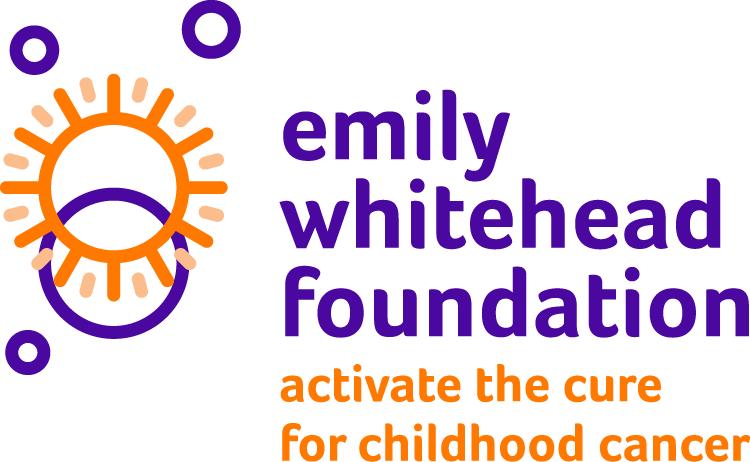Administration of T Lymphocytes for Prevention of Relapse of Lymphomas (ATLAS)
Lymphoma
0-9 years 10-17 years 18-26 years 27 years and older
1
 Drug
Drug
ATLCAR.CD30 cells
Condition: Hodgkin Disease, Lymphoma, Lymphoma, Non-Hodgkin, Immune System Diseases, Immunoproliferative Disorders, Lymphatic Diseases, Lymphoproliferative Disorders, Neoplasms, Neoplasms by Histologic Type
The body has different ways of fighting infection and disease. No single way seems perfect for fighting cancer. This research study combines two different ways of fighting disease: antibodies and T cells. Antibodies are proteins that protect the body from disease caused by bacteria or toxic substances. Antibodies work by binding those bacteria or substances, which stops them from growing and causing bad effects. T cells, also called T lymphocytes, are special infection-fighting blood cells that can kill other cells, including tumor cells or cells that are infected. Both antibodies and T cells have been used to treat patients with cancers. They both have shown promise, but neither alone has been sufficient to cure most patients. This study is designed to combine both T cells and antibodies to create a more effective treatment. The treatment that is being researched is called autologous T lymphocyte chimeric antigen receptor cells targeted against the CD30 antigen (ATLCAR.CD30) administration.
In previous studies, it has been shown that a new gene can be put into T cells that will increase their ability to recognize and kill cancer cells. A gene is a unit of DNA. Genes make up the chemical structure carrying the patient’s genetic information that may determine human characteristics (i.e., eye color, height and sex). The new gene that is put in the T cells in this study makes a piece of an antibody called anti-CD30. This antibody floats around in the blood and can detect and stick to cancer cells called lymphoma cells because they have a substance on the outside of the cells called CD30. Anti-CD30 antibodies have been used to treat people with lymphoma, but have not been strong enough to cure most patients. For this study, the anti-CD30 antibody has been changed so that instead of floating free in the blood part of it is now joined to the T cells. Only the part of the antibody that sticks to the lymphoma cells is attached to the T cells instead of the entire antibody. When an antibody is joined to a T cell in this way it is called a chimeric receptor. These CD30 chimeric (combination) receptor-activated T cells seem to kill some of the tumor, but they do not last very long in the body and so their chances of fighting the cancer are unknown.
The purpose of this research study is to determine a safe dose of the ATLCAR.CD30 cells that can be given to subjects after undergoing an autologous transplant. This is the first step in determining whether giving ATLCAR.CD30 cells to others with lymphoma in the future will help them. The researchers also want to find out what side effects patients will have after they receive the ATLCAR.CD30 cells post-transplant. This study will also look at other effects of ATLCAR.CD30 cells, including their effect on your cancer and how long they will survive in your body.
Wake Forest University, Winston-Salem, NC
Sponsor/Collaborators:
UNC Lineberger Comprehensive Cancer Center
National Heart, Lung, and Blood Institute (NHLBI)
